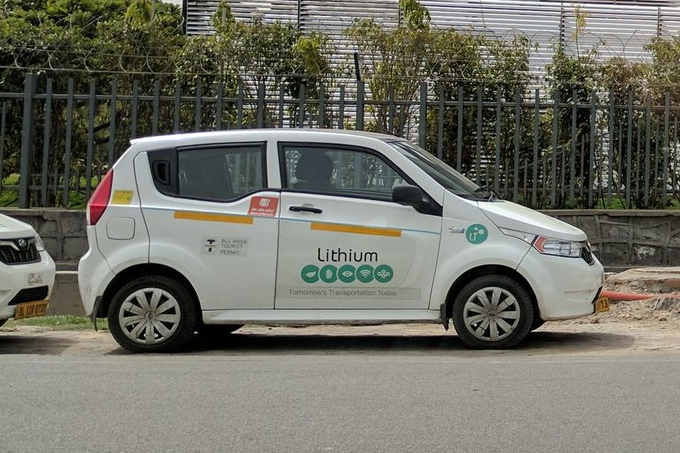The rise of Electric Vehicles in India: A changer for Sustainable Mobility

Electric Vehicle is a vehicle that uses renewable source of energy for its operation like battery and other sources. It does not operate on non-renewable source of energy. It considered a blessing in modern time when there is an alarming need to save non-renewable source of energy. Whole world is seeing rise in such technology that are promoting renewable source of energy. India is also one of those nations who is witnessing rise in electric vehicles.
Indian government is promoting these vehicles by different campaigns and spreading awareness. Government of India is working hard for fuel consumption and sustainable mobility. India has undertaken a campaign EV30@30campaign that suggest that out of all the sale made in automobile industry, 30% should be of electric vehicle till 2030. Another major step taken by our government is “Panchmitra Promise”. This consist of 5 promises made that is in favour of sustainable development i.e., growth without hampering the nature and also saving the pool of resources for future generation. Those are:
- Increasing usage of non-renewable energy source by 500 gigawatts by the year 2030.
- Meeting the energy requirement of India by renewable resources (at least 50%)
- Reduction in emission of carbon by 1 billion ton by the year 2030
- Reducing the intensity of carbon by 45%
- Making it net zero by 2070
India is on the way to make itself a global manufacturer of electric vehicles. It is high time that people understand the need for opting electric vehicles that are a safety insurance for our environment rather than wasting fuels on traditional vehicles. India is putting constant effort for global good by promoting electric vehicles. The efforts are paying off as the sale of electric vehicle year by year has increased over 210% i.e., 999949 vehicles were sold in the year of 2022. Some key factors contributing towards the rise are as follows:
- Initiatives by the Government: In order to promote the adoption of electric vehicles, the Indian government has implemented several initiatives and incentives. One such initiative is the Faster Adoption and Manufacturing of Hybrid and Electric Vehicles (FAME) scheme, which provides financial incentives to both electric vehicle buyers and manufacturers.
- Reduction of cost: Prices for batteries and electric cars have been steadily falling, making them more accessible to consumers. The upfront cost of buying an electric vehicle is further decreased by government incentives and subsidies. Because of this, EVs are now a practical choice for many Indian consumers.
- Ride-Sharing and E-Mobility Services: With the emergence of e-mobility platforms and ride-sharing services, the growth of electric vehicles in India has been further facilitated. Notably, companies like BluSmart, Ola, and Uber have incorporated electric vehicles into their fleets, attracting a broader range of users.
- Ecological Awareness: As awareness about the detrimental effects of air pollution and climate change grows, consumer preferences have shifted. Nowadays, more and more people are considering electric vehicles as a cleaner and environmentally friendly substitute for conventional petrol or diesel cars.
It is high time that citizens of India understand the importance of electric vehicles over the fuel ones. It is a prominent step towards the sustainable development. Sustainable mobility is what we should opt rather than wasting the scarce resources.






